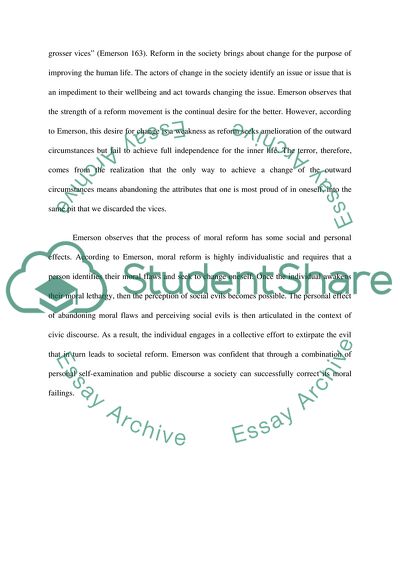The Relativity of Virtues Essay Example | Topics and Well Written Essays - 500 words. Retrieved from https://studentshare.org/english/1701352-the-relativity-of-virtues
The Relativity of Virtues Essay Example | Topics and Well Written Essays - 500 Words. https://studentshare.org/english/1701352-the-relativity-of-virtues.


